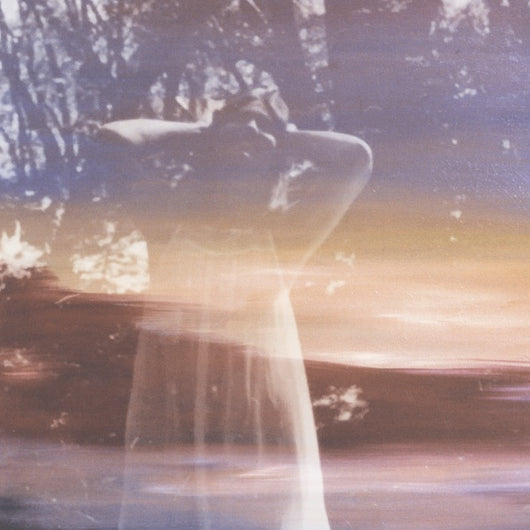
Patty Waters - Live LP
Regular price
$28.00
Sale
Distro: Blank Forms
Patty Waters is a visionary avant-garde vocalist and composer, best known for her groundbreaking 1960s recordings for the legendary free jazz label ESP-Disk. Captivated by the music of Billie Holiday, she sang with Bill Evans, Charlie Mingus, Chick Corea, and Herbie Hancock before coming to the attention of Albert Ayler, who introduced her to ESP-Disk's Bernard Stollman. The rest is history. Recorded with pianist Burton Greene, Waters' haunting 1966 debut Sings (ESPDISK 1025CD) juxtaposes a side of hushed self-composed jazz ballad miniatures with an iconoclastic take on the standard "Black Is the Color of My True Love's Hair". Sharing Ayler's affinity for the deconstruction of folk idioms, Waters dismantles the tune through a series of anguished wails, moans, whispers, and screams that cemented her reputation as a vocal innovator, predating the extended techniques of Yoko Ono, Joan La Barbara, and Linda Sharrock, and cited as a direct influence to Diamanda Galas and Patti Smith's own freeform vocal excursions. The mythic side-long exposition stands as one of the 20th century's most harrowing expressions of madness and grief, its incantatory mutilation of the word "black" into a full-spectrum monochrome resounding with a particular potency at a time when battles for civil rights were erupting across the country. After recording a second ESP-Disk album in 1996 (ESPDISK 1055CD/LP), Waters disappeared from the music scene, moving from New York to California to raise her son. Her Blank Forms concert on April 5th, 2018 -- with original pianist Burton Greene as well as bassist Mario Pavone and percussionist Barry Altschul, both veterans of Paul Bley's ensembles -- was Waters' first New York appearance since 2003. Dedicated to Cecil Taylor, who had passed away moments before she took the stage, Live preserves the mournful tension that was in the air that night. Her first new release on vinyl since 1966's College Tour, the record divides the session in the spirit of her debut. Side A features a set of desolate ballads, including Waters' own classic "Moon, Don't Come Up Tonight", while the B-side puts into stark relief the fact that the fight for civil rights that Waters invoked over 50 years ago is far from over. Beginning with her rendition of "Strange Fruit", a 1937 song written in protest of black lynching and American racism, the suite's form-bending contortions also features the second-ever recording of Waters' original, exceptional lyrical take on Ornette Coleman's "Lonely Woman."


